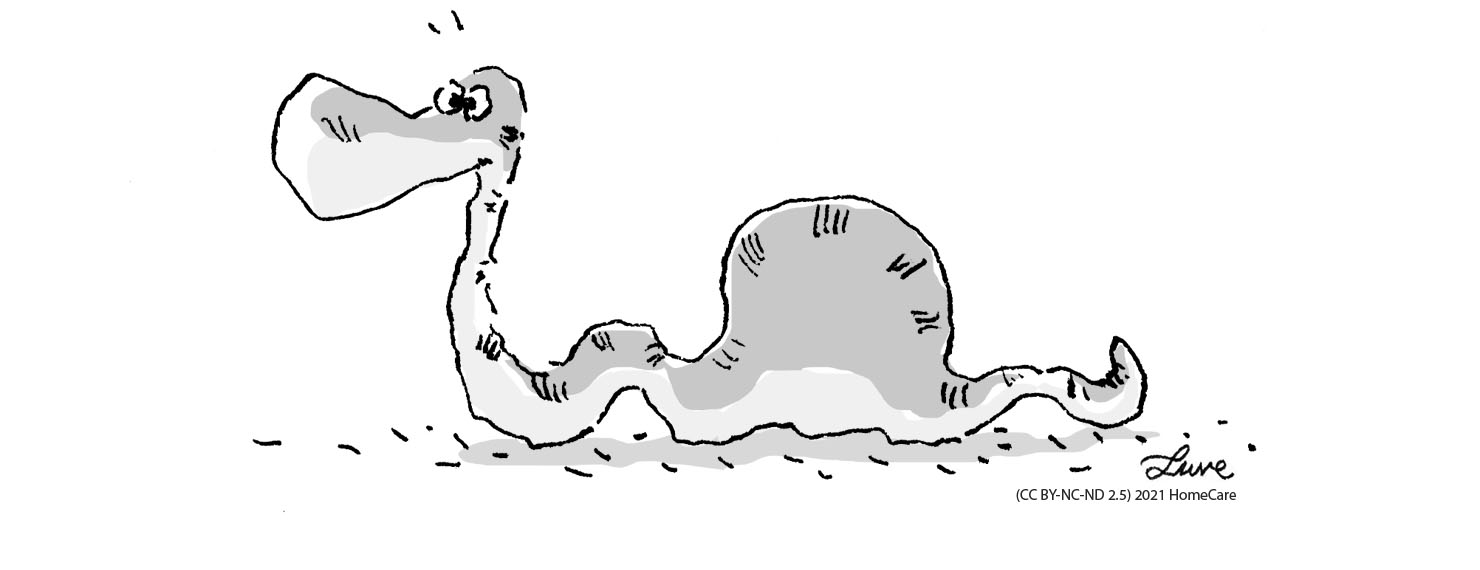
Constipation is the most common cause of digestive ailments in an elderly person. The causes of constipation may be dietary mistakes, a less active lifestyle, the use of constipating medicines, but also the comorbidities, e.g. metabolic or cancerous.
Constipation is a condition that there are a fewer than three bowel movements in a week, the stools are hard, dry, and small, making them painful and difficult to pass.
The most common causes of constipation:
![]() Low-fiber diet
Low-fiber diet
![]() The body poor hydration – water ensures the elasticity of the intestinal walls and softens the stool, which facilitates excretion
The body poor hydration – water ensures the elasticity of the intestinal walls and softens the stool, which facilitates excretion
![]() Mechanical obstacles – e.g. colorectal cancer, fecal stones, intestinal strictures (Crohn’s disease), colitis
Mechanical obstacles – e.g. colorectal cancer, fecal stones, intestinal strictures (Crohn’s disease), colitis
![]() Systemic diseases – e.g. thyroid diseases, cystic fibrosis, diabetes
Systemic diseases – e.g. thyroid diseases, cystic fibrosis, diabetes
![]() The nervous system diseases – Parkinson’s disease, multiple sclerosis, spinal cord injuries
The nervous system diseases – Parkinson’s disease, multiple sclerosis, spinal cord injuries
![]() Using some medicines – sedatives, antiepileptics, non-steroidal anti-inflammatory drugs (paracetamol, ibuprofen, ketonal), mineral salts (calcium, iron)
Using some medicines – sedatives, antiepileptics, non-steroidal anti-inflammatory drugs (paracetamol, ibuprofen, ketonal), mineral salts (calcium, iron)
![]() Lack of physical activity, immobility in bed
Lack of physical activity, immobility in bed
![]() Chronic stress
Chronic stress
A carer for an elderly person who suffers from constipation should compose meals appropriately.
Recommended dietary changes:
![]() Eating meals regularly, every 3-4 hours
Eating meals regularly, every 3-4 hours
![]() Increasing the amount of fiber consumed, found inraw vegetables and fruits and whole grain cereal products
Increasing the amount of fiber consumed, found inraw vegetables and fruits and whole grain cereal products
![]() Consume at least 2 liters of fluid daily. Water relaxes the stool, making it easier to pass. For example, carrot juices, multi-vegetable juices (tomato, beetroot), fruit puree (apple, strawberry, orange), green tea
Consume at least 2 liters of fluid daily. Water relaxes the stool, making it easier to pass. For example, carrot juices, multi-vegetable juices (tomato, beetroot), fruit puree (apple, strawberry, orange), green tea
![]() Excluding certain vegetables from the diet: beans, peas, cabbage, onions
Excluding certain vegetables from the diet: beans, peas, cabbage, onions
![]() Eating fermented milk products like e.g. yogurt. It’s a source of lactic acid and support the development of normal bacterial flora in the body
Eating fermented milk products like e.g. yogurt. It’s a source of lactic acid and support the development of normal bacterial flora in the body
![]() Giving up sugar and sweets because they are constipating
Giving up sugar and sweets because they are constipating
![]() Avoiding fried foods. The best way to prepare your meals is by steaming or baking in foil
Avoiding fried foods. The best way to prepare your meals is by steaming or baking in foil
Back Next
![]()
Nutrition for the elderly:72% complete
